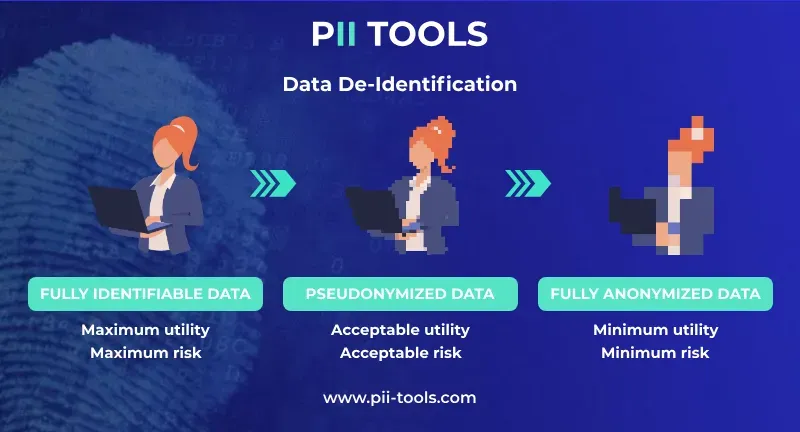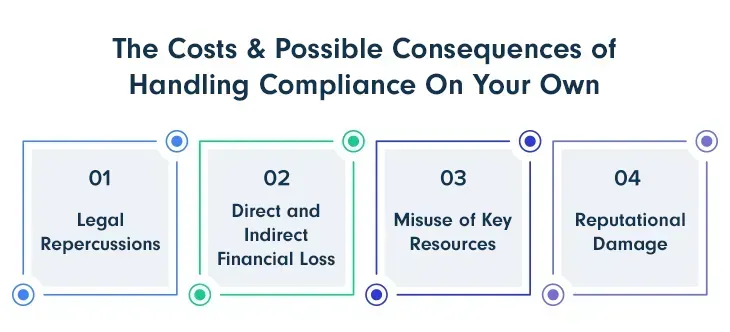SaaS Data Privacy: In a Nutshell

Before the era of SaaS arrived, enterprises purchased canned, off-the-shelf software for their needs.
With SaaS’s cloud-based model today, we not only enjoy easily elastic and accessible resources, but don’t have to worry about the huge upfront and maintenance costs either.
But in exchange for relieving these critical pain points, the trade-off has been security and our data privacy.
SaaS companies deal with fabulously large amounts of customer data and that’s why they end up spending loads to safeguard our data within secure walls.
But it’s just as fabulous to see a whole lot of big, fat companies who are practically tripping over themselves to sell this precious data for a quick buck.
Efforts for SaaS Privacy in Nepal
To prevent this, you might’ve heard of privacy guidelines GDPR, HIPAA, CCPA, and regulatory bodies being established who can take matters in their hands while our data rests in the hands of these companies.
Nepal too has made several efforts with the evolving need to safeguard our privacy. Article 29 of our Constitution declares the right to privacy as a “fundamental right.”
And we’ve seen several iterations such as the Individual Privacy Act, 2075, and the Individual Privacy Regulation, 2077 being enacted over the years. According to these, violating anybody’s privacy is a criminal offence whereby the victim can call for a criminal proceeding if their data is found to be collected or disclosed without their consent.
For such heinous criminal offences, the enormous price to pay has been a fine of Rs 30,000 fine, 3 years of prison, or both according to The Privacy Act.
As SaaS providers, it remains our topmost priority to safeguard our customer data with all means possible.
Maintain Data Privacy for Competitive Advantage in SaaS
1. Data and Data Security Compliance
Being compliant effectively builds unfair advantages for companies in the industry. Not only does this reduce the cybersec risks to the company infrastructure, but it also boosts customer loyalty and trust, and therefore, increases the company’s ROI.
Although they sound similar, data security compliance and data compliance are two different things.
Data security compliance primarily deals with how data is protected against breaches, loss, and unauthorized access.
Data compliance, however, covers much more than that. It includes how a company stores, transmits and uses information for their business operations.
Companies invest in both compliances to protect their customers’ data and to maintain industry standards like GDPR and HIPAA. Compliance violations usually end up in costly penalties, fines, and long-term repercussions on a business's reputation.
Cost of Damage due to Compliance Violation

2. PII and Data Masking
PII, or Personally Identifiable Information, includes everything from names and addresses to email addresses, social security numbers, phone numbers, credit card numbers, and employee identification numbers.

Anything that can identify you or access your personal information is PII.
Data masking methods include encryption (securing data with keys), substitution (replacing with similar data), shuffling (random replacement within columns), scrambling (rearranging numerical data), and nulling (replacing with null values for select users) to protect sensitive information while maintaining data utility.
With dynamic data masking, the stored data is masked in real-time, on-the-fly without exposing any personal data thus, ensuring the integrity of the user’s personal info.
Final Thoughts
Adding to these, if a company’s security architecture is compromised, it becomes highly vulnerable to cyber threats.
By integrating these data privacy principles into their business and IT strategies, companies can obtain a competitive advantage and respect customers’ preferences while improving their brand image, customer trust, and market position.